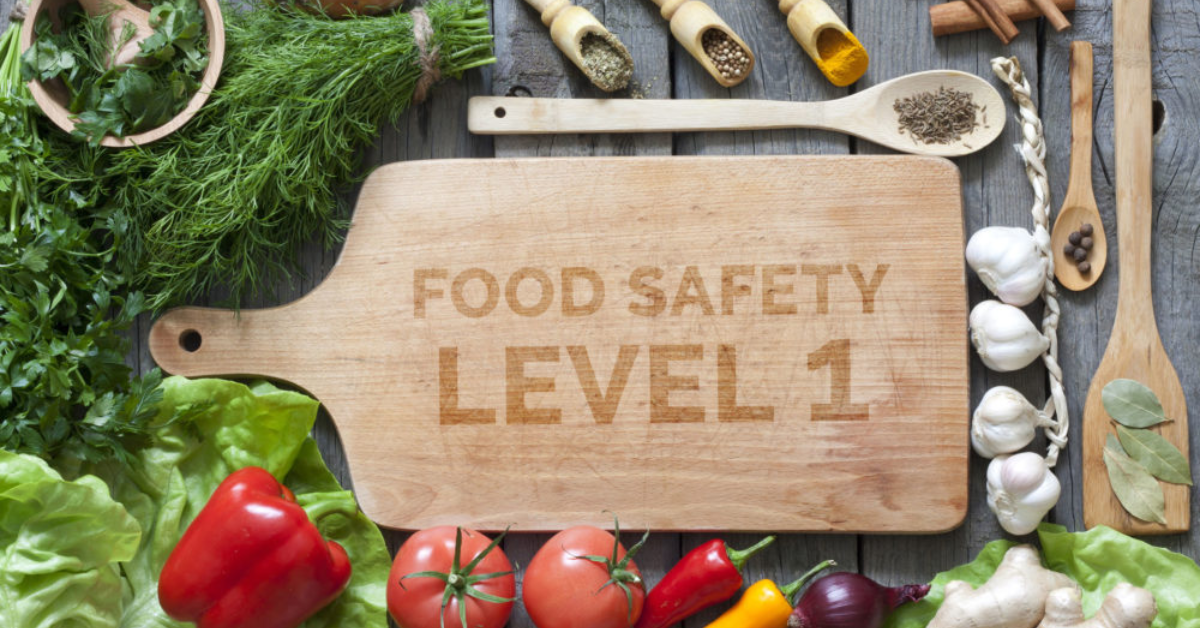Food Hygiene Cert: Your Comprehensive Guide to Certification
Acquiring a Food Hygiene Cert is crucial for anyone involved in the food industry, from restaurant owners and chefs to food handlers and catering staff. This certification demonstrates your understanding and compliance with essential food safety regulations, enhancing consumer trust and ensuring compliance with public health standards.
In this complete guide, we’ll explore the importance of obtaining your Food Hygiene Cert, how to get certified, and why this certification is vital in today’s food safety landscape.
Why is a Food Hygiene Cert Important?
Obtaining a Food Hygiene Cert is more than just a regulatory requirement; it’s a cornerstone of a successful food business. Here’s why securing this certificate is essential:
- Legal Compliance: Food safety laws require food handlers to demonstrate proper hygiene knowledge, typically through obtaining a Food Hygiene Cert.
- Public Safety: This certification ensures food handlers understand hygiene practices to prevent foodborne illnesses.
- Reputation and Trust: Businesses showcasing certified food handlers build trust and credibility among customers.
- Inspection Preparedness: Certified staff ensure your business can confidently meet inspections and avoid fines or closures.
Who Needs a Food Hygiene Cert?
Anyone involved directly or indirectly in handling, preparing, or serving food must possess a Food Hygiene Cert. This includes:
- Chefs and cooks
- Waitstaff and servers
- Catering employees
- Food processing operators
- Managers and supervisors overseeing food safety
- Anyone handling food in educational or healthcare settings
Holding a valid Food Hygiene Cert ensures that you understand and can apply best practices to maintain food safety standards.
Levels of Food Hygiene Certification
Understanding the different certification levels can help you select the appropriate Food Hygiene Cert based on your role:
Level 1: Basic Food Hygiene Cert
Ideal for frontline employees who handle low-risk foods. This level covers fundamental hygiene principles like handwashing, personal hygiene, and basic contamination prevention.
Level 2: Intermediate Food Hygiene Cert
Recommended for anyone involved in preparing or handling high-risk foods. It covers critical aspects like temperature control, storage, preparation hygiene, and recognizing contamination risks.
Level 3: Advanced Food Hygiene Cert
Designed for supervisors and managers overseeing food safety. It includes detailed knowledge of food safety regulations, hazard analysis, critical control points (HACCP), and food safety management systems.
Obtaining Your Food Hygiene Cert
Here’s a straightforward guide on how you can achieve your Food Hygiene Cert:
Step 1: Choose the Appropriate Course
Select a certification level suitable for your role. Ensure the course is accredited by a recognized body to ensure acceptance across industries.
Step 2: Enroll in Training
You can find courses online or in-person, allowing you flexibility based on your availability. Online courses are convenient, offering immediate access and self-paced learning.
Step 3: Complete the Course and Exam
The course will typically end with a multiple-choice exam. Passing this test proves your knowledge of food hygiene practices.
Step 4: Obtain Certification
After passing the exam, you’ll receive your official Food Hygiene Cert. Keep this certificate accessible to show compliance during health inspections or audits.
Benefits of Online Food Hygiene Cert Courses
Online certification has become increasingly popular due to its many advantages:
- Convenience and Flexibility: Complete courses at your own pace, anytime and anywhere.
- Immediate Certification: Many platforms provide instant certificates upon passing.
- Cost-Efficient: Online courses usually cost less than traditional classroom courses.
- Consistent Training: Ensures everyone receives uniform information, crucial for large teams.
Maintaining Your Food Hygiene Cert
Certification is typically valid for three years. To maintain compliance and ensure your knowledge remains current:
- Regularly refresh your knowledge of food hygiene principles.
- Attend refresher courses or workshops periodically.
- Renew your certification promptly before expiration to avoid operational disruptions.
Common Food Hygiene Mistakes to Avoid
Even certified handlers can make mistakes. Be aware of common pitfalls:
- Improper Handwashing: Always wash hands thoroughly and regularly.
- Cross-Contamination: Use separate equipment for raw and cooked foods.
- Temperature Abuse: Store and handle foods at safe temperatures.
- Neglecting Cleaning Procedures: Regularly sanitize work areas and utensils.
FAQ About Food Hygiene Cert
What is a Food Hygiene Cert?
A Food Hygiene Cert demonstrates that an individual has been trained in essential food safety practices and understands how to prevent food contamination and foodborne illnesses.
Who issues Food Hygiene Cert?
Recognized training bodies and certification providers issue Food Hygiene Certs after successful course completion.
Is a Food Hygiene Cert mandatory?
Yes, in most jurisdictions, food handlers must possess a valid certification to demonstrate compliance with food safety laws.
How long does a Food Hygiene Cert last?
Typically, it remains valid for three years, after which renewal through a refresher course is necessary.
Can I get a Food Hygiene Cert online?
Absolutely. Online certification courses are widely available and provide flexibility, convenience, and instant certification.
What happens if I lose my Food Hygiene Cert?
Most providers allow you to download or request a replacement copy of your certificate, sometimes for a small fee.
Can I fail a Food Hygiene Cert course?
Yes, passing requires meeting a minimum score. If you fail, you can usually retake the exam after additional review.
Is a Food Hygiene Cert transferable between workplaces?
Yes, your certification is generally valid across different employers, provided the certification is recognized by the relevant authority.
Conclusion
A Food Hygiene Cert is vital for anyone handling food professionally. It ensures legal compliance, promotes public health, and enhances your professional credibility. By choosing the right certification level, maintaining current practices, and regularly renewing your certification, you contribute significantly to a safer, more responsible food industry environment.







